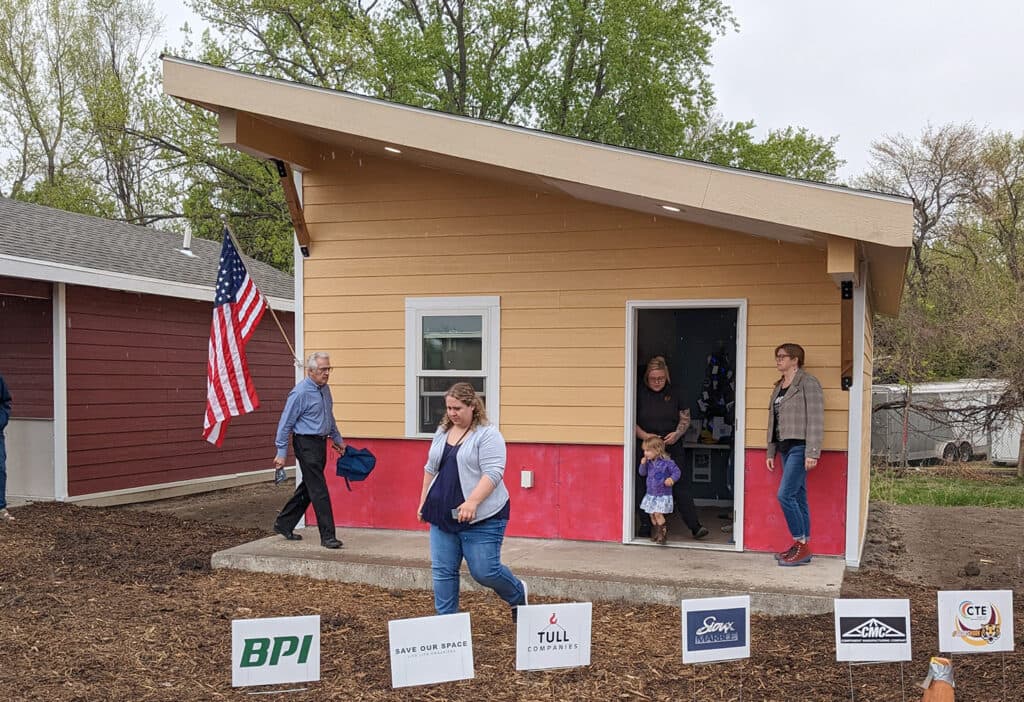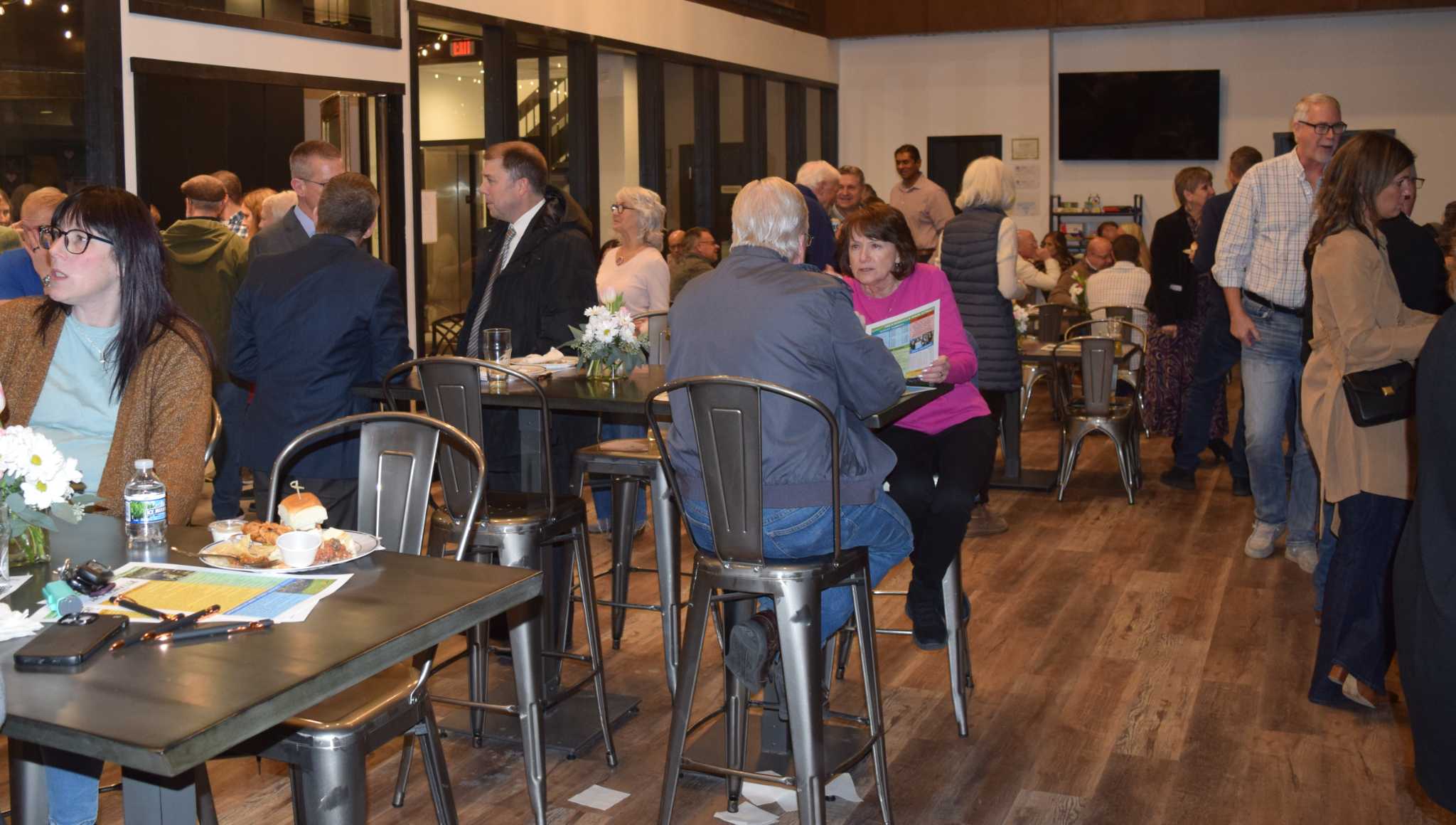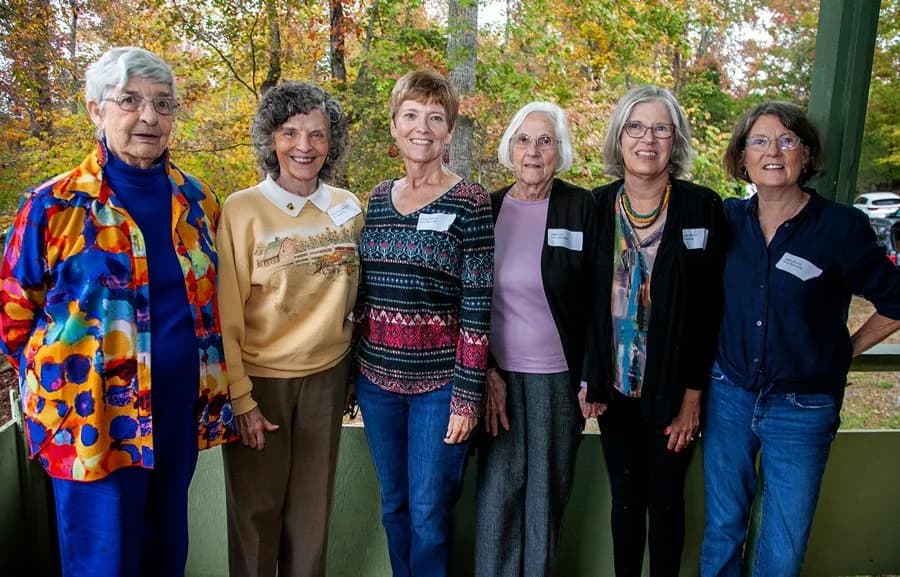Tiny Homes Offer New Pathway for Veterans Facing Homelessness
An opinion column published November 10 profiles the Veterans Community Project and its model of tiny homes as transitional housing for homeless veterans, highlighting how small private units can foster stability and community. The piece connects this approach to ongoing local conversations about homelessness, veteran services and housing policy, and underscores the potential for similar projects to affect Morgan County and the broader region.
Listen to Article
Click play to generate audio

A recent opinion piece published November 10 in a regional outlet examined the Veterans Community Project and its use of tiny homes as transitional housing for homeless veterans, offering observations that are relevant to Morgan County residents and policymakers. The column described the project mission and reported on the ways that small private units can provide stability and a place to rebuild, while also creating communal supports that reduce social isolation among veterans.
The Veterans Community Project model centers on providing temporary housing that bridges the gap between homelessness and permanent housing, paired with community building among residents. On the ground reporting in the column emphasized that tiny homes can deliver a sense of personal space and safety, while shared programs and a supportive environment can help participants navigate medical care, benefits enrollment and job searches. For Morgan County, where conversations about affordable housing and veteran services are ongoing, the model adds a practical example to local policy debates.
Public health implications are significant. Stable housing is a foundation for consistent access to health care, regular medication management and mental health support. For veterans coping with trauma, chronic illness or substance use, housing that reduces the daily stress of homelessness can lead to better health outcomes and lower demand on emergency services. The small footprint of tiny home communities can also make them more feasible for municipalities looking to expand transitional housing without requiring large parcels of land.
Community impact extends beyond individual residents. Transitional housing projects can reduce visible homelessness in public spaces, improve neighborhood safety and connect veterans to local providers. They can also present challenges, such as the need for ongoing funding, coordination with social service agencies and zoning or permitting changes at the local level. The opinion piece argued that the model has regional potential, but implementation demands careful planning to ensure equitable access and sustainable operations.
From a policy perspective, the column underscores several systemic issues. Veteran homelessness persists due to gaps in affordable housing, inconsistent access to care and barriers to benefits and employment. Solutions like tiny home communities must be coupled with wraparound services, transportation access and pathways to permanent housing to avoid becoming a temporary fix. For Morgan County leaders, state and federal partners, the takeaway is that innovative housing models merit consideration, but they require investment in social supports and policy changes to scale effectively.
The debate in Morgan County about how best to serve people experiencing homelessness, including veterans, involves values as well as resources. The Veterans Community Project example offers a compassionate, pragmatic template that merits discussion, evaluation and adaptation to local needs. As local officials and community organizations continue to weigh options, the focus should remain on equity, long term outcomes and the public health benefits of ensuring stable housing for those who served.


